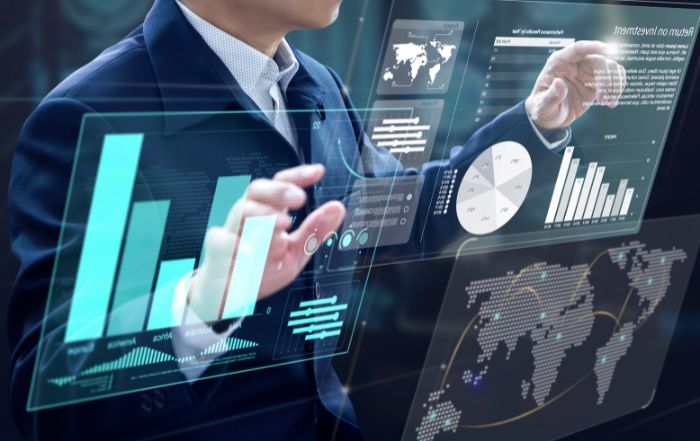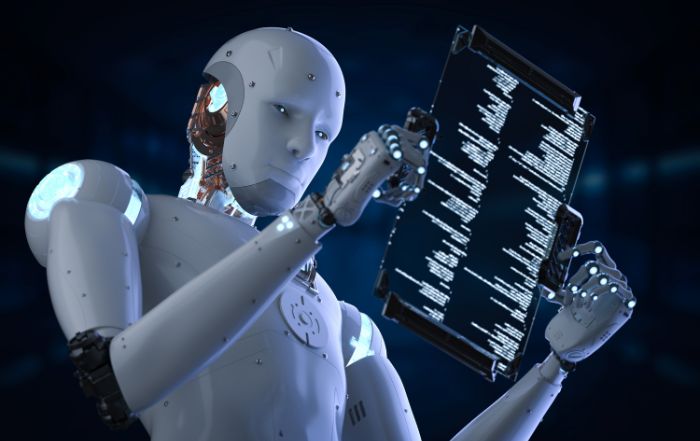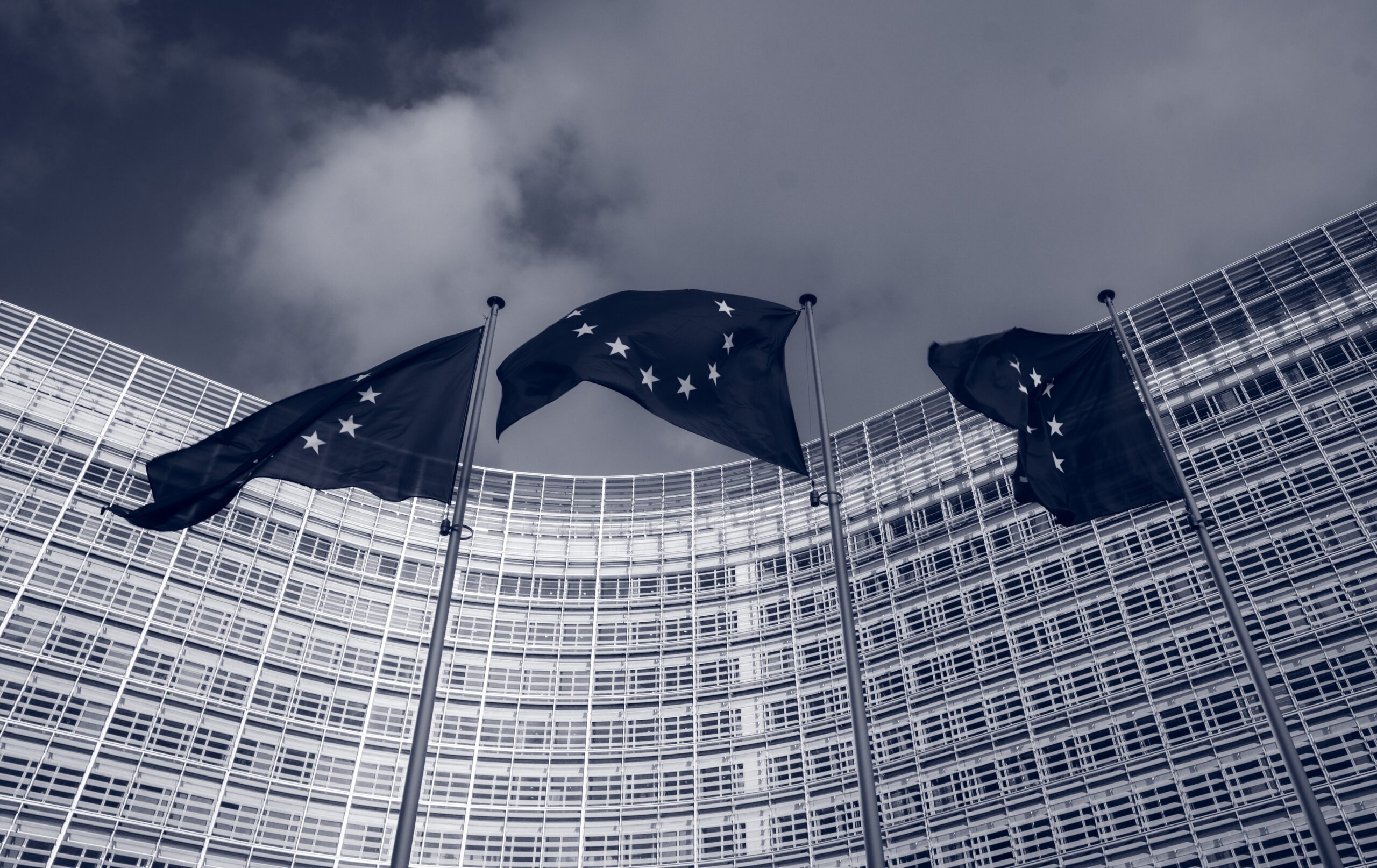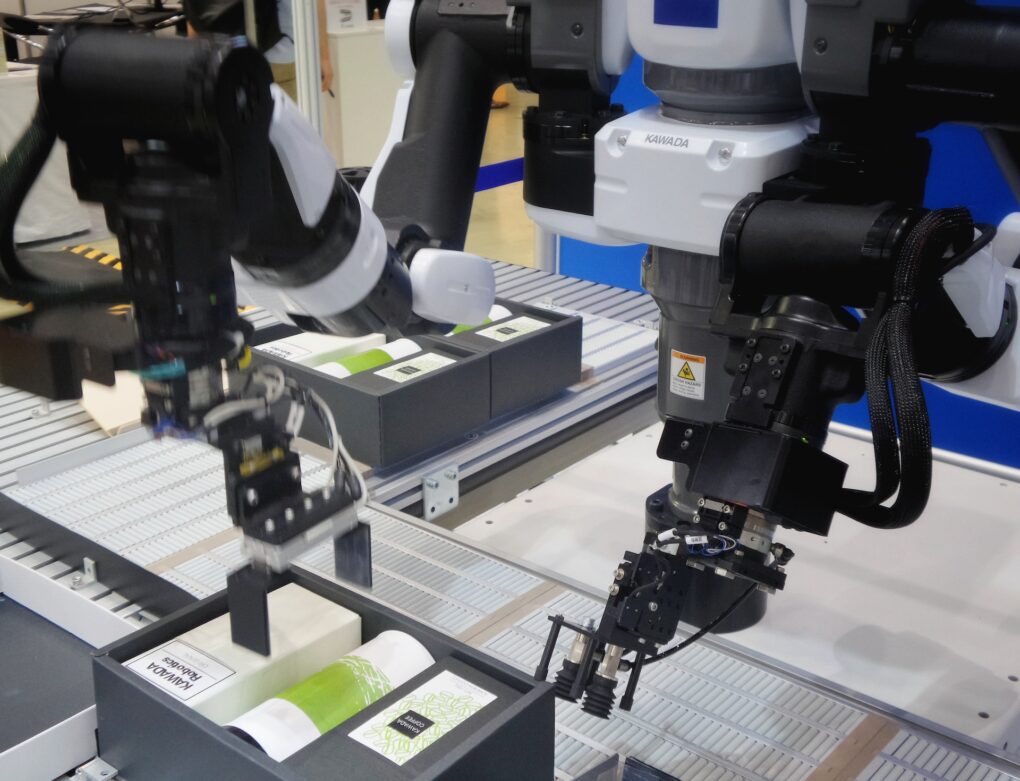Adapting to AI: Taking a Practical Approach to Governance by Blair Robinson
The author, Blair Robinson of Robinson+Cole discusses the need for a practical AI governance framework that businesses must embrace to harness AI’s transformative promise responsibly, encompassing a diligent, strategic, and technically nuanced governance approach. As she notes, "taking a methodical and use-case-driven approach may allow a business to embrace the transformative power of AI in critical areas while managing “wild west”-style use by employees without governance approval".












